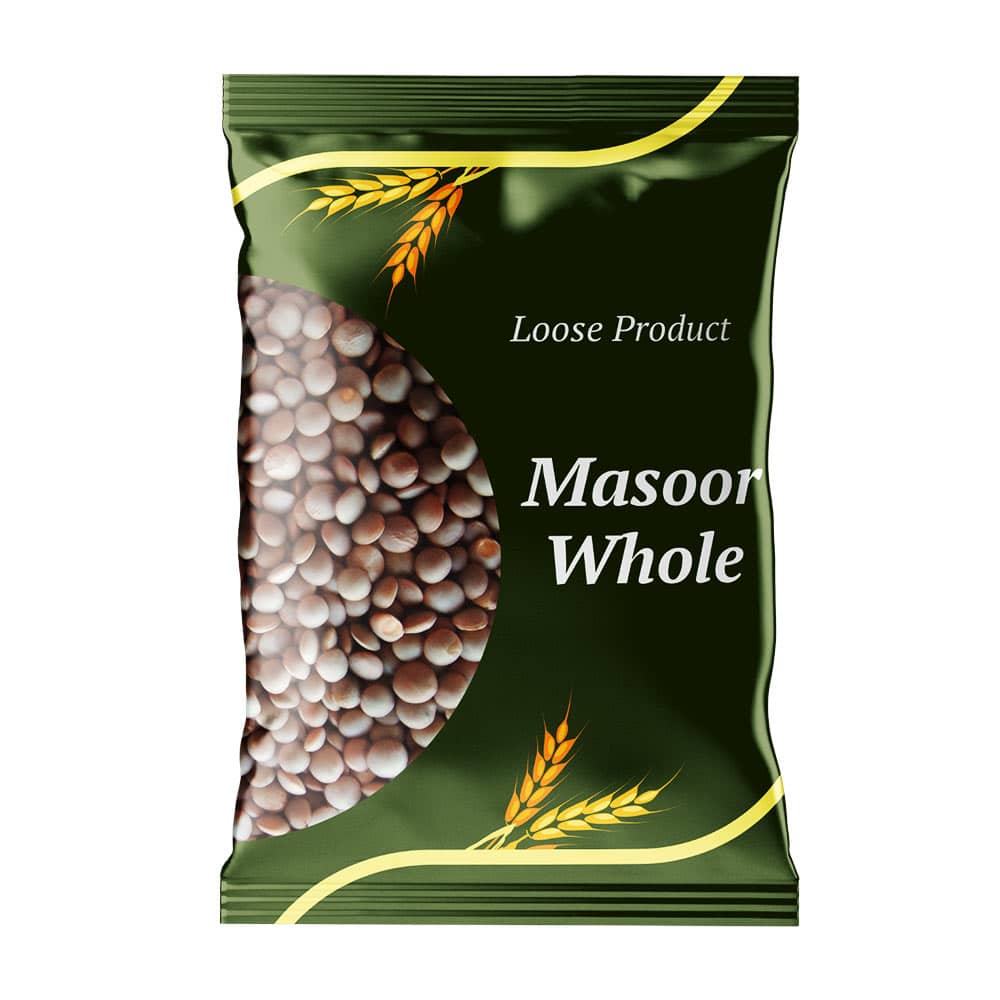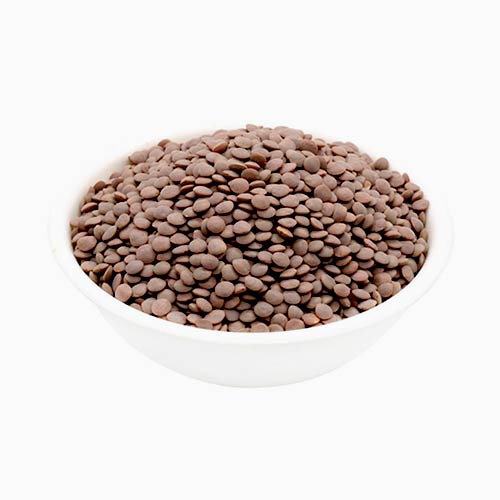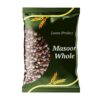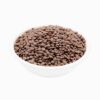Masoor Whole – Sabut 500 gm
₹45.00
✅ Rich in cholesterol-lowering fiber.
✅ High protein content with essential amino acids like isoleucine and lysine.
✅ Good source of potassium and antioxidants.
✅ Calcium and magnesium content help in the straightening of bones and teeth.
✅ Folate and vitamin B helps in neutralizing inflammation.


















Reviews
There are no reviews yet.